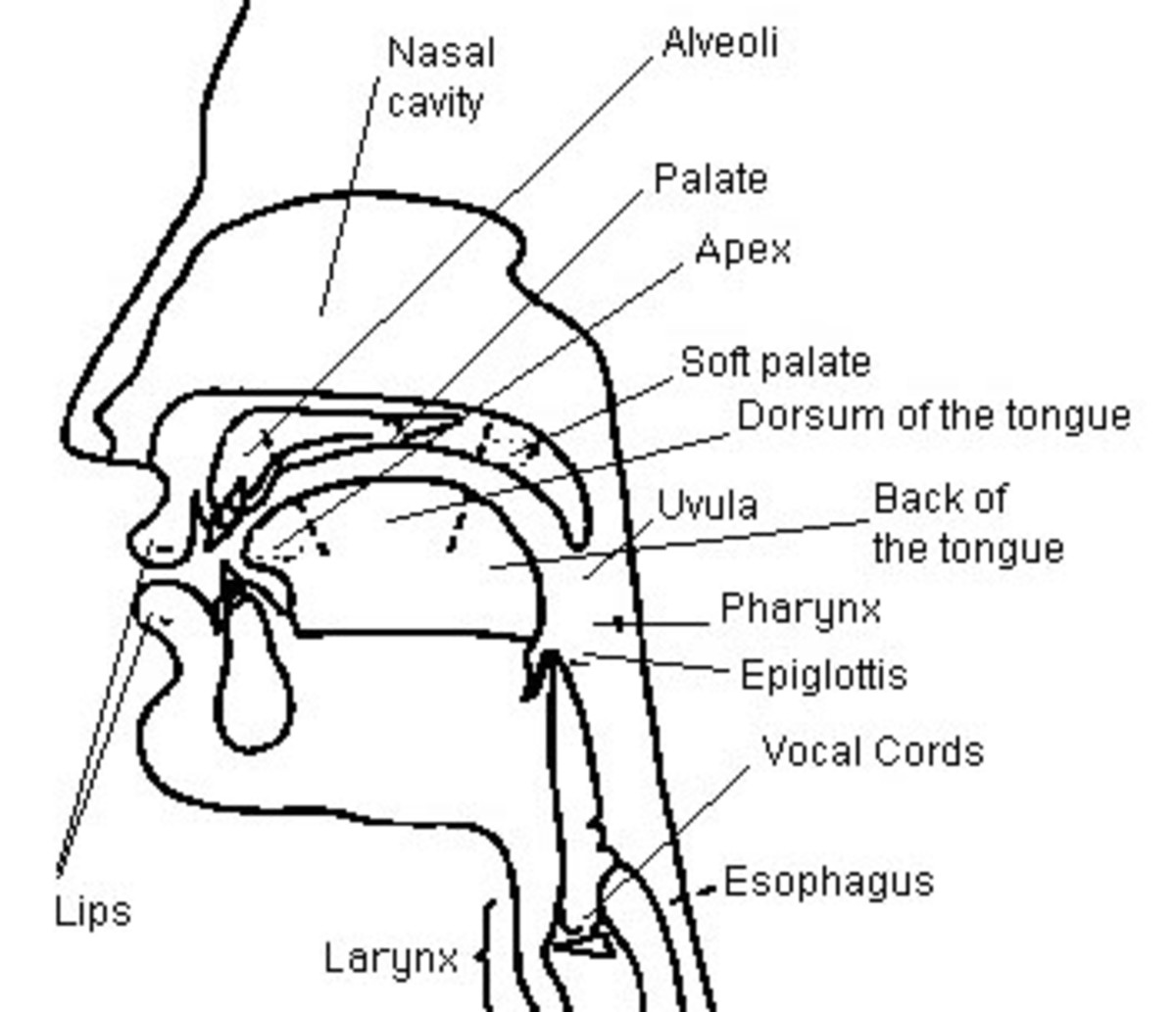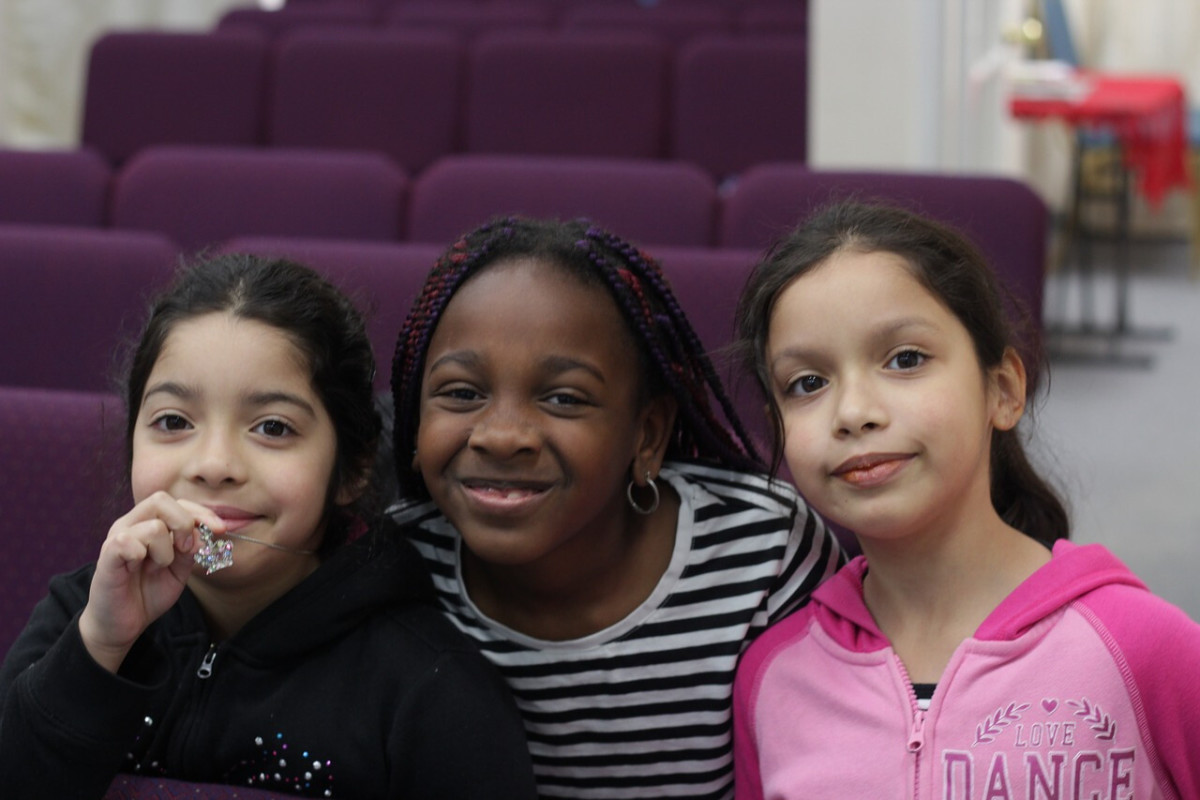How to motivate your children to be open minded and life-long learners?
What makes some minds open to learning?
I teach Chemistry to the middle school and high school students and also teach the International Baccalaureate curriculum (IB Diploma Programme). So in most of our departmental meetings and lesson plan meetings, we think and brainstorm how to inculcate open mindedness in our students and how to make them inquirers and life-long learners.
Hence I found this question by a fellow hubber very interesting and I want to put down my thoughts in this hub. I would write about the factors which might lead to various people turning out to be life-long learners.
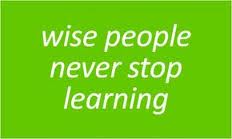
Having a flexible persona
Personality is an important factor as some people are more accepting to learn new things and do not mind learning even from their subordinates, juniors and students. On the other hand, some other people we encounter at various places have a know-it-all attitude; they are rigid and quite closed to others' point of views, they always believe they are right and others are wrong. I'm sure while reading this, some of you are able to relate to these kind of people, they are difficult to deal with and they often do not want to go beyond their way of thinking and see the situation from any other perspective.
So having a flexible persona, being humble and open minded about the fact that there could be better ideas, better solutions, newer ways of solving problems etc. would always make one more open to learning new things. One needs to genuinely feel that learning new things and accepting new methodologies would only lead to a win-win situation, any kind of learning makes both the teacher and learner feel better and enriched.

Explorer by nature or profession
Some people, who love exploring - be it various places, sports, food are usually very open to learning because they have inquisitive minds and are always on the look out for new happenings and ideas. They are more embracing by nature and can accept differences easily. These kind of people get bored with mundane life without challenges, they always stretch their limits and try new things and travel in unchartered places. They learn and do not hesitate to share their stories and experiences from which again many others can learn.
Sometimes certain professions demand the need of being open to learning continuously, irrespective of age and gender such as journalism, teachers, medical practitioners and many others. They need to learn new ways, new theories, new inventions in their respective fields and so on, which comes under professional development, but the real learning happens only when one is willingly at the receiving end.
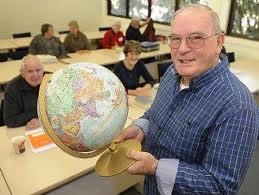
Passion for learning
This, I feel is the most important factor as if anyone is passionate about any field/area, he or she will be self-motivated to learn all the time. From my experience as a teacher, I have seen some students who never used to do very well in school, they have undergone drastic change after they found their niche, maybe at the final school year or right after finishing school, they are doing extremely well for themselves. Learning anything, as much as you learn, you will still learn only the tip of the iceberg, so the unquenched thirst to learn more, know more, meet more people, gain more experience is something which comes automatically when the intrinsic passion or willingmess is there within. Any knowledge acquired under pressure does not lead to the best learning outcomes.
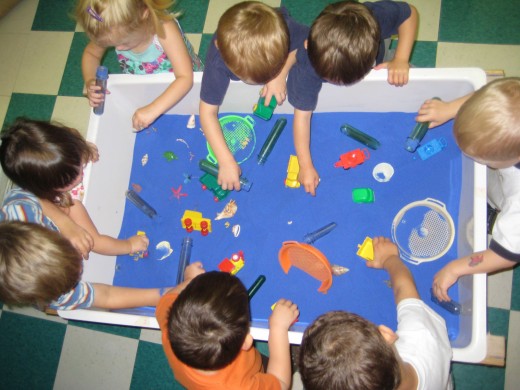
Congenial learning environment
The environment in which a child grows in his/her early years is very much responsible in turning them into life-long learners. His/her teachers and parents play a vital role in creating the curiosity within the child. They should motivate the younsters to acquire knowledge by themselves, create opportunities for new experiences, allow them to make mistakes and learn from the mistakes, allow them to mingle with society and encourage hands-on and minds-on experiential learning. This goes a long way to keep the child interested in things around him and the brain continues to engage in active learning even when they grow up.
Link to the theory of multiple intelligences by Howard Gardner
Learning based on multiple intelligences
Prof. Howard Gardner (professor at the Harvard Graduate School of Education) has identified 8-9 intelligences which human beings might have such as linguistic, logical, spatial, inter and intrapersonal, musical and so on. I feel very strongly that if we have some of these intelligences prominent in us, that means if we are inclined to do better in some areas of learning, naturally we will be more interested to learn in those areas.
To sum up and my own experience
While summing up, we might conclude that inherent intelligence and environment ensures open-minded learning, this in turn generates passion towards learning, some people turn their hobbies into profession and continue learning.
I consider myself a life-long learner: Apart from teaching and researching profession, I always find time to explore something new. One of my favourite learning accomplishments is that I had learnt Japanese language while I had spent some time there. I could converse with the localites and secured 98% marks in JLPT level 3. Learning about a new culture, new language, their grammar and script was challenging but highly interesting, I feel good that I had discovered a new dimension in myself and I could stretch my mind in a new direction.
If you keep yourself open to learning irrespective of age and circumstances, you'll only reap benefits .............. you don't need to pay any tax and it remains all yours and multiplies even more on sharing.


